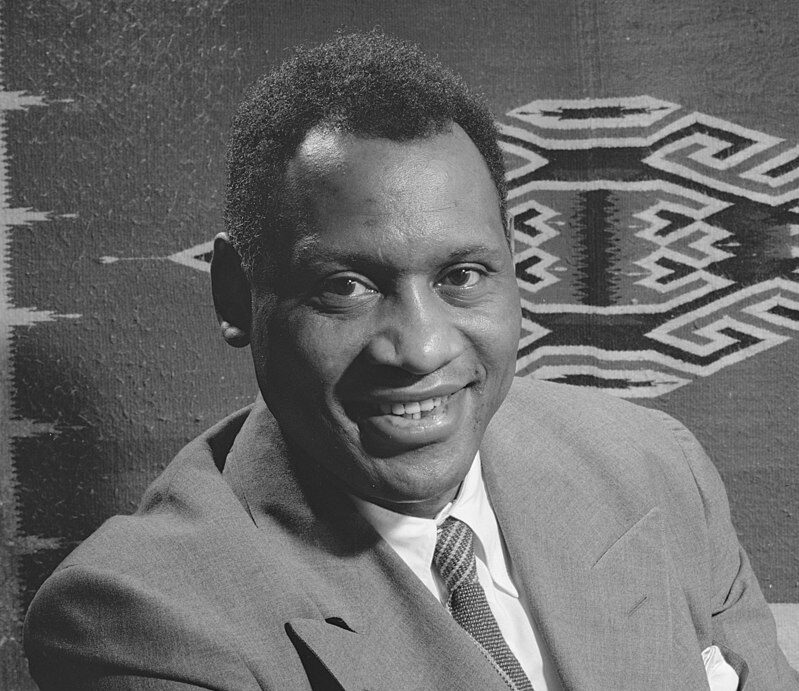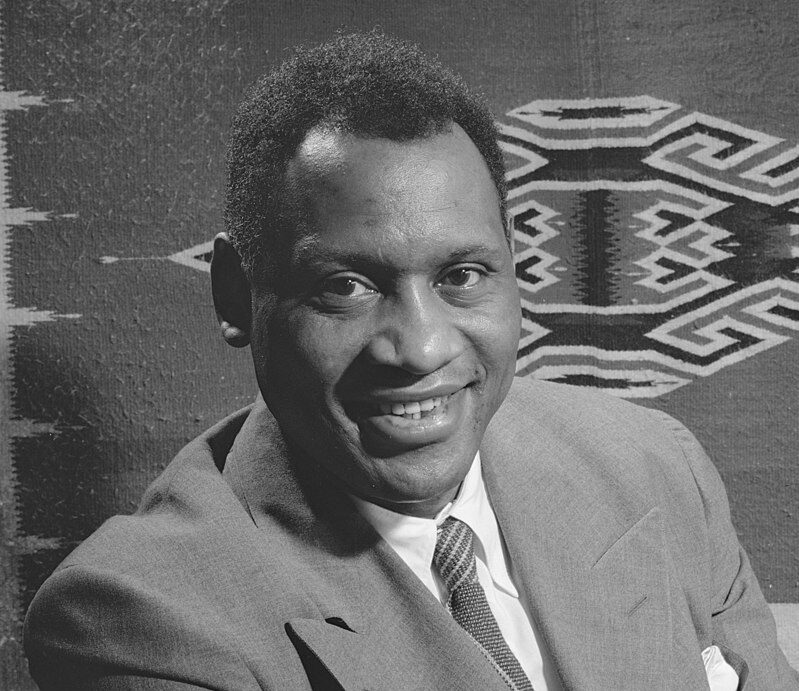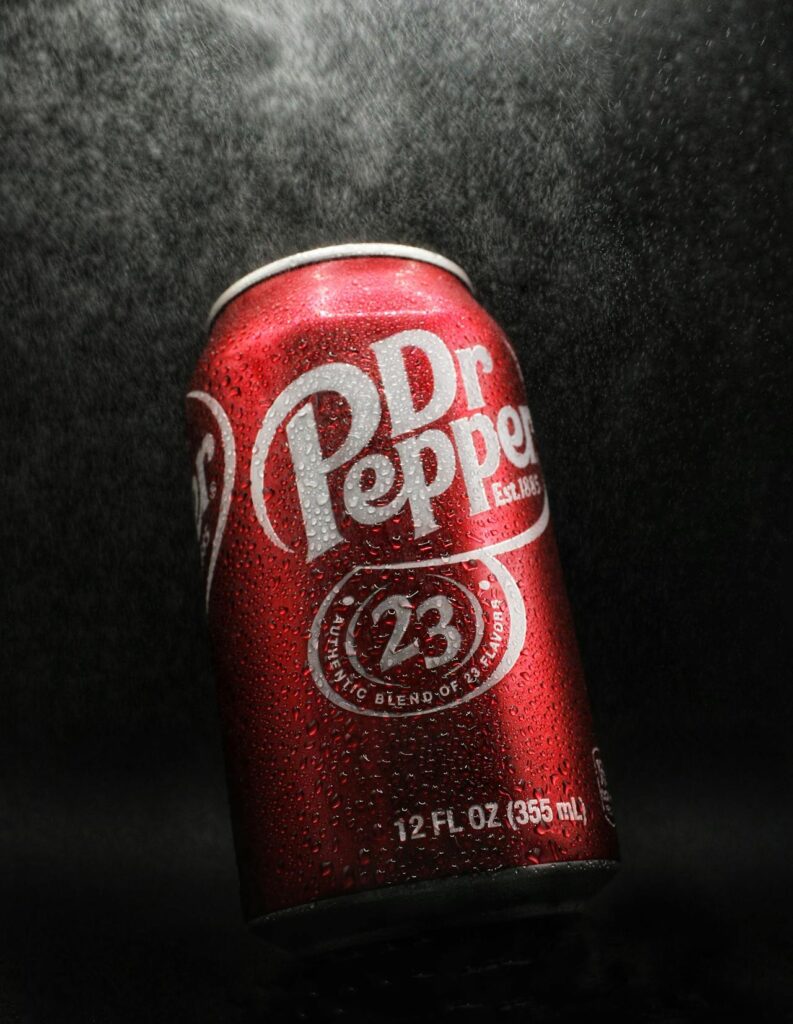The Paul Robeson House and Museum has reopened as of Oct. 10 after it had been closed due to repairs that had to be undertaken on half of the building, since August 2024. The long road to the reopening of the house that Robeson occupied from 1966 until his death in 1976 was marked by a celebration of its new artist in residence space and a community celebration.
According to The Philadelphia Inquirer, the house is owned by the West Philadelphia Cultural Alliance and they marked the celebration by making admission to the museum—normally $12—free to the public. Roberson, who was born in Princeton in 1898, moved to Philadelphia after his wife, Eslanda, died in 1966, and he lived with his sister, Marian S. Forsythe, until he died in 1976.
Robeson is revered by many Black Americans for the stance he took at the height of his fame as one of the country’s pre-eminent Renaissance men, regardless of race, for refusing to renounce his anti-capitalist and socialist views as well as his associations with Black American Communists during one of America’s most repressive periods, the anticommunist witch hunts of the 1950s led by Sen. Joseph McCarthy. His dedication to those causes eventually led to his erasure and quite literally his cancellation by the American government.
We visited Paul Robeson’s house in West Philly today. It’s an incredible tribute to a left wing freedom fighter who stood up for socialism both here and wherever in the world he was needed. The curators were so kind and brilliant, too. pic.twitter.com/gKuFaokObZ
— 🍻 Sid, Joyous Worker (@wellstonism) August 12, 2023
The Paul Robeson House in West Philadelphia is set to reopen with a mission to educate and inspire the public about the trailblazer’s contributions to society. Report by Sherry Stone. https://t.co/e84SjgwRgZ
— Philadelphia Tribune (@PhillyTrib) October 4, 2025
The Paul Robeson House in West Philadelphia is set to reopen with a mission to educate and inspire the public about the trailblazer’s contributions to society. Report by Sherry Stone. https://t.co/e84SjgwRgZ
— Philadelphia Tribune (@PhillyTrib) October 4, 2025
The funding to renovate the home was provided through a $1 million grant from the Mellon Foundation, per Azsherae Gary, the interim director of the Paul Robeson House.
Gary also noted that the funds were split equitably between the house in Philadelphia and the Paul Robeson House of Princeton, the house in which his father, William Drew Robeson I, raised him.
As Gary told the Inquirer, “You have to care for your institutions and steward them properly. This is a person who played a significant role in American history. He was only living here for a short time, but he had a big impact.”
She continued, noting that Robeson “is relevant today because of what he believed in. He’s an American hero who was a humanitarian at heart. He cared about social justice. He cared about workers and their rights. He stood up and sacrificed his livelihood, because he had a basic moral compass and belief in doing the right thing. We want people to bring people here to learn about the history.”
As it regards the blatant erasure of Robeson from American history, Philadelphia musician Jamaaladeen Tacuma, who once performed a tribute to Robeson at the house in 2022, said that when he discovered Robeson’s prodigious accomplishments as an adult, it upset him that Robeson had been blacklisted.
“I was mad because I didn’t know anything about him, because his story had been erased and I hadn’t been taught about him in school,” Tacuma said. “I mean, goodness gracious, everything he put his hands on, he was unbelievable at.”
Robeson holds the distinction of being the third Black student to attend Rutgers University and its first Black football player who was so good, coach and sportswriter Walter Camp (who has a collegiate player of the year award named after him) referred to him as “the greatest defensive end to ever trod the gridiron.”
A strident anti-fascist, Robeson told the House Un-American Activities Committee in 1956, “The question is whether American citizens, regardless of their political beliefs or sympathies, may enjoy their constitutional rights. My father was a slave, and my people died to build this country, and I am going to stay here and have a part of it just like you. And no fascist-minded people will drive me from it.”
RELATED CONTENT: 30 Historically Black Churches Receive $8.5M In Grants From National Trust For Historic Preservation






